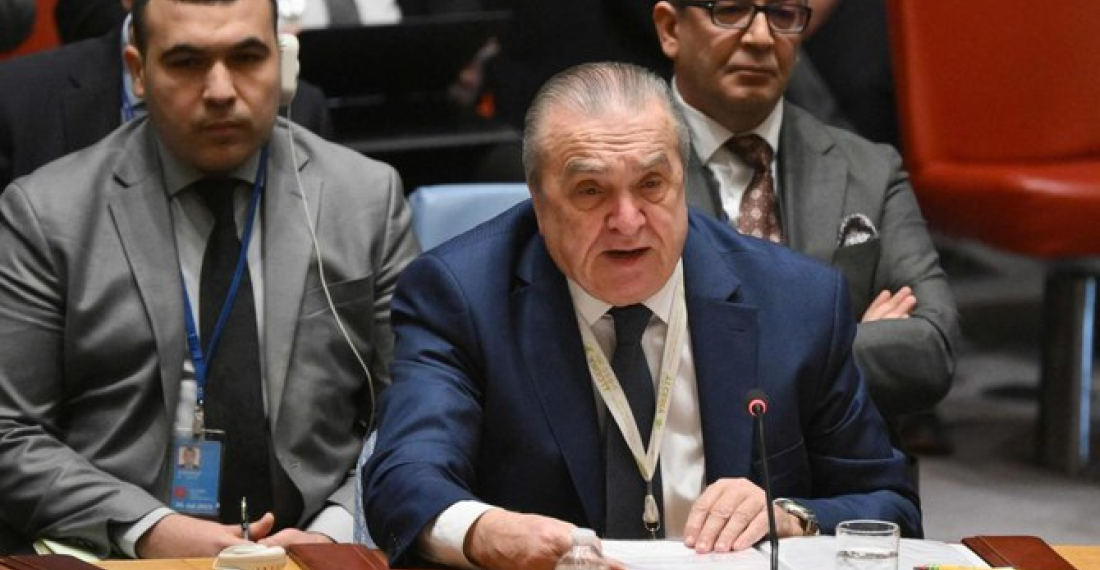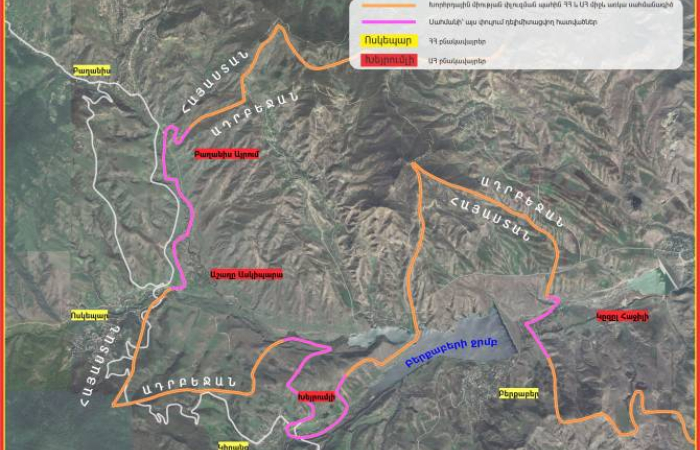Commentators and opinion shapers across the Muslim world and the global south on Wednesday (21 February) were unanimous in their condemnation of the American veto of an Algerian resolution in the UN Security Council which called for an immediate cease fire in Gaza. Many commentators in Western countries were similarly appalled after for the fourth time since the start of the war in Gaza, the US on Tuesday vetoed a draft UN Security Council resolution demanding an immediate ceasefire in the embattled territory.
It said such a resolution would interfere with ongoing, “sensitive” negotiations, led by Washington, that are attempting to broker an end to the hostilities.
Thirteen of the 15 council members voted in favor of the resolution, which was drafted by Algeria. The UK abstained.
In addition to the call for an immediate ceasefire, the Arab-backed draft resolution did also demand the immediate release of all hostages. It also rejected the forced displacement of Palestinian civilians, called for the unrestricted flow of humanitarian aid to the people of Gaza, and reiterated council demands that both Israel and Hamas “scrupulously comply” with the rules of international law, especially in relation to the protection of civilians. It also condemned “all acts of terrorism,” without explicitly naming either side.






